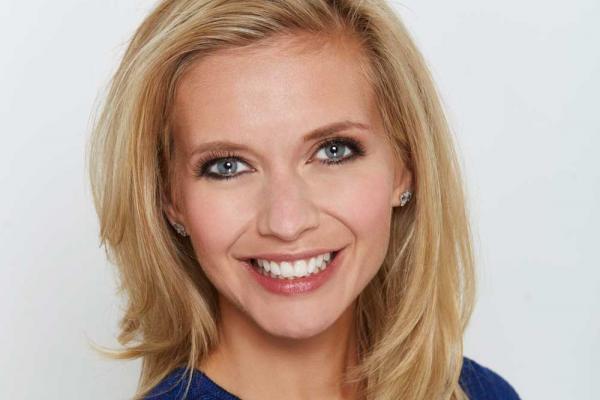The importance of self-belief
However simple or complex it may seem, maths is all about confidence, and whether you believe you’re capable of doing it or not, plays a huge part in your likelihood of winning the maths battle. As girls, we’re trained into self-deprecation, modesty and never, ever being vocally proud of our achievements, for fear of being labelled boastful - and guess what - it’s holding us back!
Even though we often do better throughout our school lives, studies have shown that from the age of 6, girls can start to believe that ‘brilliance’ is a male trait. We hear about ‘male’ and ‘female’ brains, we’re told we’re naturally caring, and somehow this leads us to not being as suited to maths and science as our male counterparts. We’re shown picture after picture of the men who’ve made history through discoveries and inventions, rarely mentioning that the ladies behind them, weren’t permitted to study like their husbands, so it’s no wonder there are so few female maths icons to look to - which has nothing to do with our brains even one little bit. And this message about women and maths is enduring to this day, filtering right down from grandmothers and mothers, to 6 year olds.
Regaining your maths confidence
But now we know this, we can do something about it! Whether you decided early on that maths ‘wasn’t for you’, or someone else decided on your behalf, it’s never too late toun-decide, and go back and regain your maths confidence.
Maths isn’t supposed to be easy, and you don’t have to get everything right instantly, all of the time to be number-confident. No-one would ever expect you to know every word in the English dictionary before you can say you speak English, and equally, no-one expects you to be up there with Einstein (or Ada Lovelace) when talking about your numeracy, either.
Everyone does have what it takes to be confidently numerate, if they’re willing to put some time and effort in. And once it’s with you, it’s there forever! Don’t listen to your doubts and your maths anxieties, listen to your positive side who’s sure you can succeed!
Taking it step by step, your confidence will grow, and the ideas that may seem alien at first, will soon start feeling normal. The more these ideas feel natural, the more your confidence will grow, until you’re fully numbers-happy, and you can proudly give yourself that immodest pat on the back that you’ll rightly deserve. You can decide to change your mindset, and it may improve your life - give it a try, you might even find you like it!
Photo Credit: Alan Strutt





